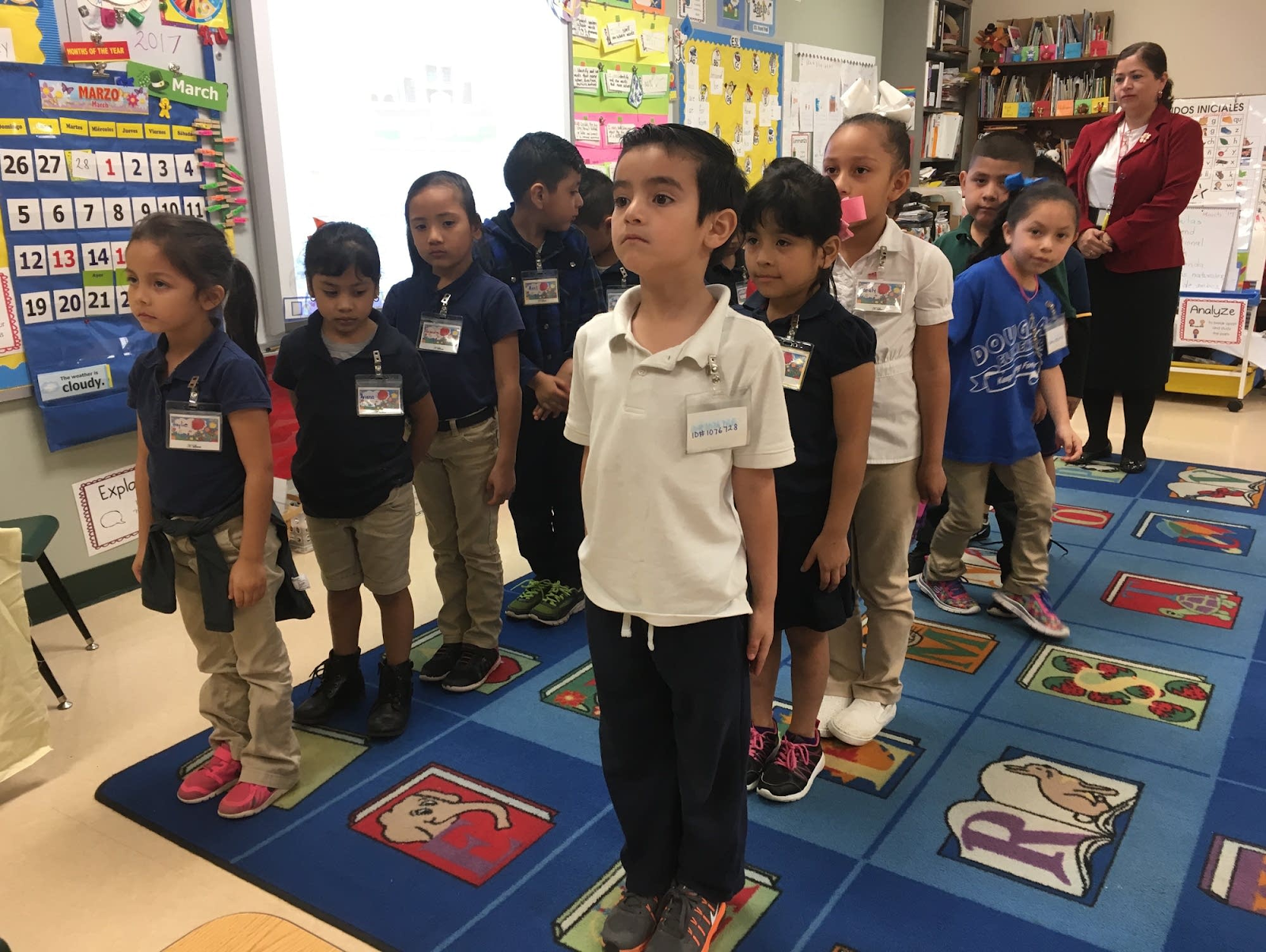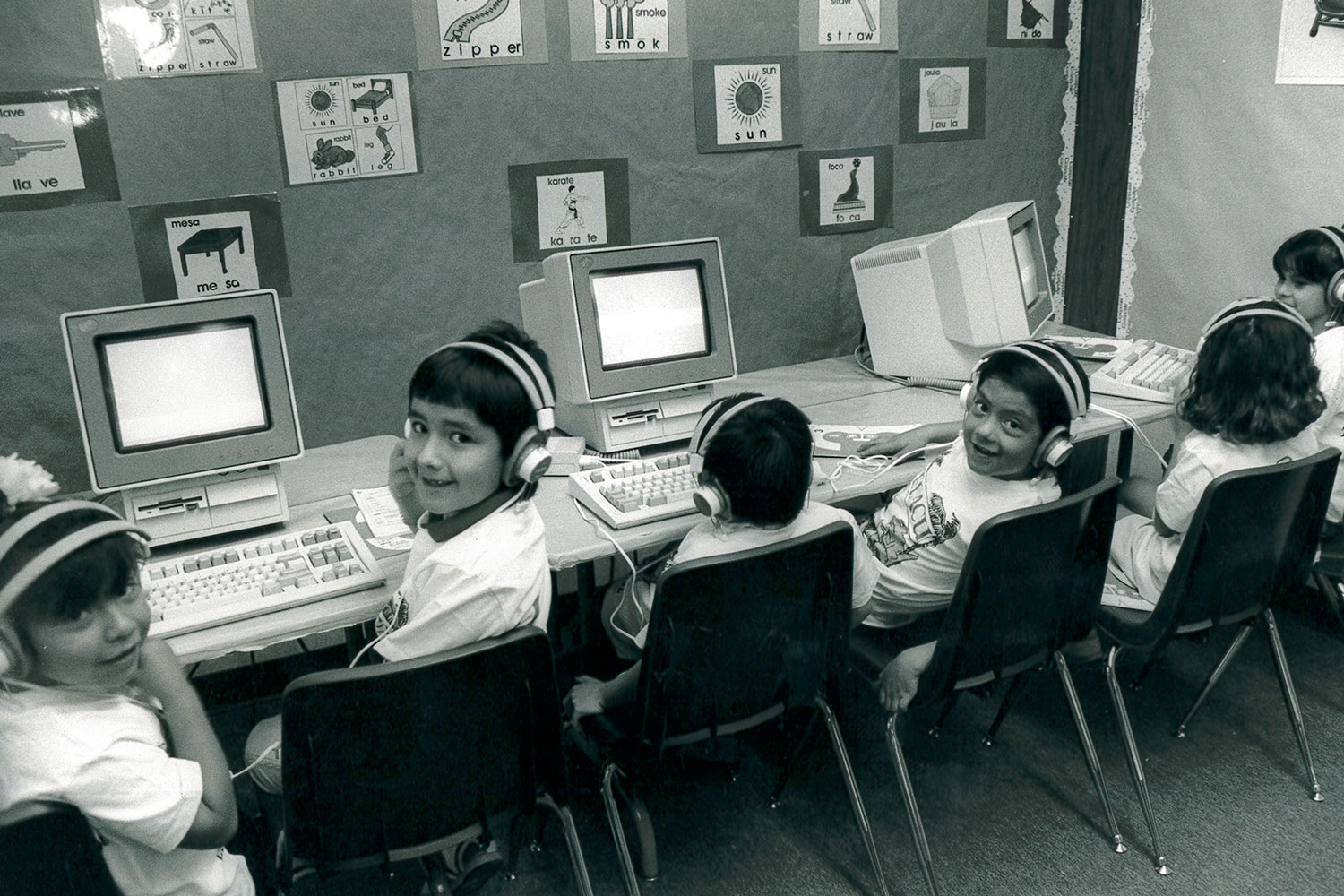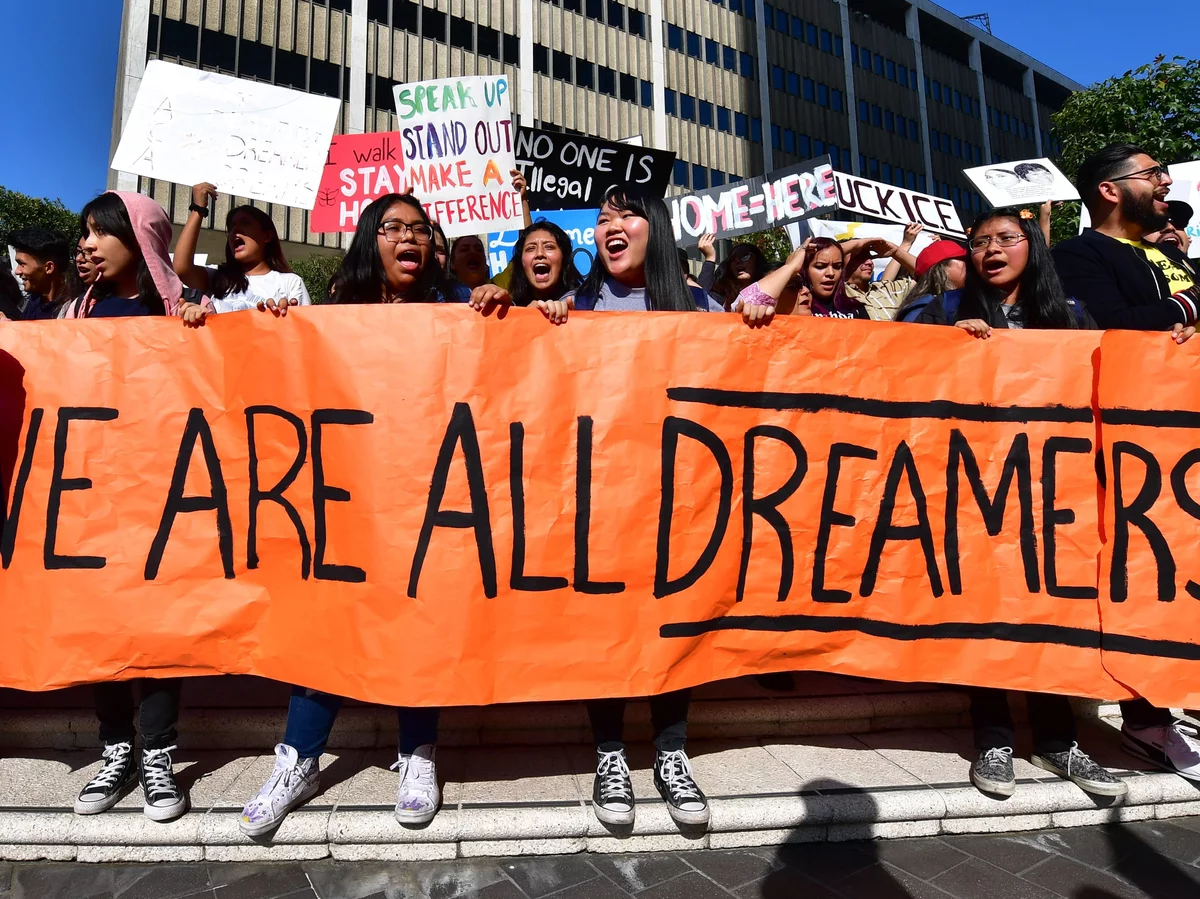Since 1982, millions of undocumented students under the protection of the Plyler ruling have been granted the constitutional right to a free and accessible education. In doing so, the lives and futures of each child have been profoundly changed.

English Language Learners lining up for lunch at the elementary school of the Tyler Independent School District, (Tyler ISD)

